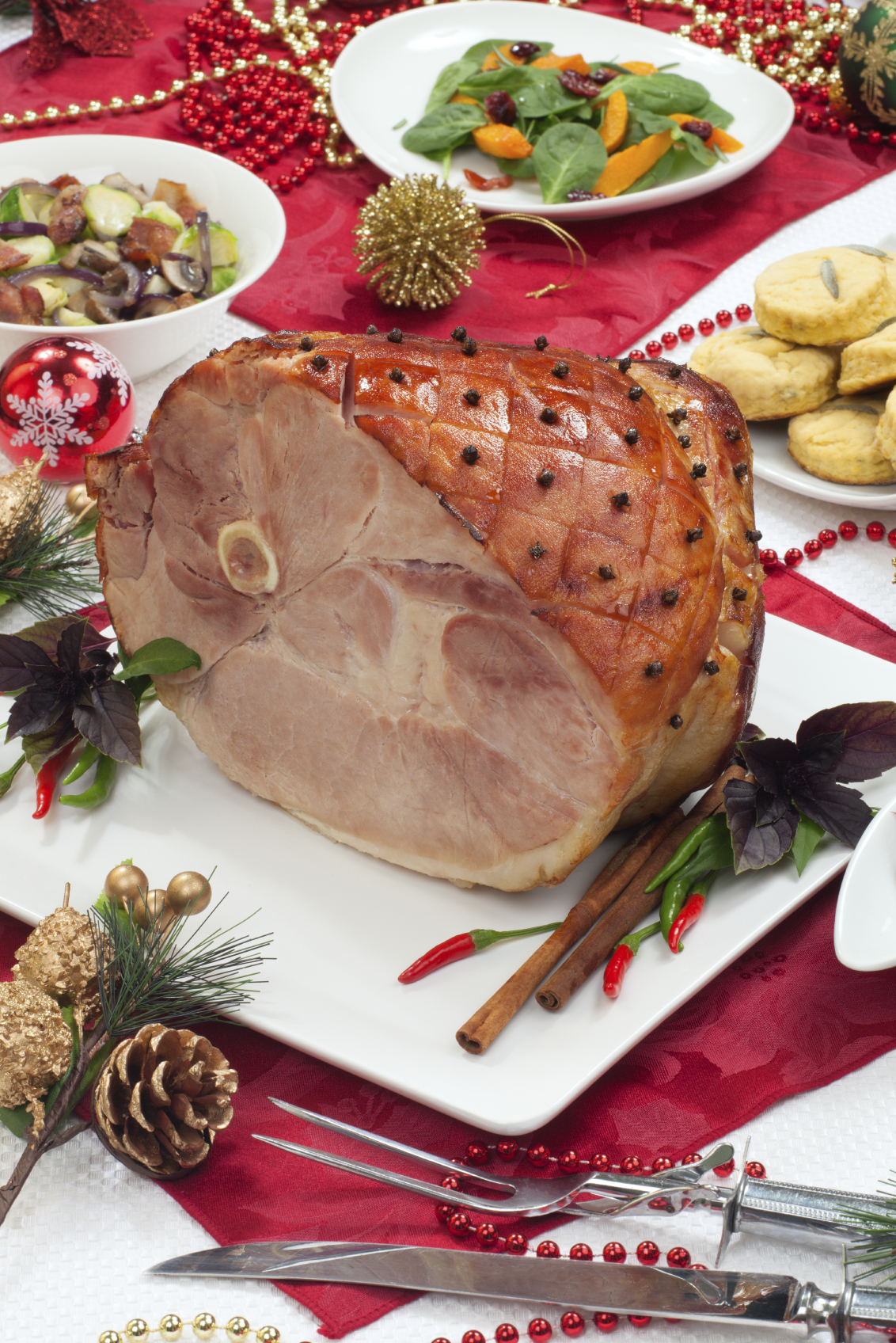The days leading up to Christmas are a timely reminder to be aware of food safety risks so you can have a memorable festive season for all the right reasons.
Safe Food Production Queensland is shining the light on food safety by encouraging consumers to reduce their risk of food poisoning by being prepared and following some simple food safety tips.
Research has shown that one-in-three Australians are either in a vulnerable group for food poisoning themselves or live in a household with someone at risk. Many of your guests could be in these vulnerable groups such as the elderly, very young or pregnant. That’s why keeping your food fresh, and at a safe temperature, this holiday season should be your number one priority when entertaining. Here are some important food safety tips to ensure everyone enjoys the festivities.
Keep it clean: Don’t forget to wash your hands in warm soapy water before preparing and cooking food, and after handling eggs, seafood, raw meat, poultry, burgers and sausages. Use separate cutting boards and utensils for raw meats and ready-to-eat foods.
Plan well: Don’t buy more food than you need because it’s vital that you don’t overstock your fridge and freezer, as this won’t allow the cool air to circulate freely and perishable food cannot be adequately frozen or chilled. Less food will also help to reduce food waste.
Keep valuable fridge space for food: Make room in your fridge for perishable foods by removing alcohol and soft drinks and put them on ice in a container or laundry sink. This also stops guests opening the fridge and helps to maintain the temperature at 5°C or below.
Don’t go raw: Cooked egg dishes are simple and nutritious, but try to avoid raw or minimally cooked egg dishes, such as raw egg mayonnaise, aioli, eggnog or fancy desserts, which can be a particular risk for food poisoning. A safer alternative, if you want to serve raw egg dishes, is to look for pasteurised egg products.
Have a phased roll-out: Don’t leave dips and other perishable chilled foods like patés, cold meats, soft cheeses, cold poultry, cooked seafood or sushi out for more than two hours. Put out small amounts and replace (not top them up) from the fridge.
Refrigerate leftovers quickly: If perishable foods and leftovers have been left out of the fridge for less than two hours they should be okay to refrigerate or freeze to eat later, so long as they haven’t been sitting in the sun. Never eat perishable food that has been unrefrigerated for more than four hours as it may not be safe and should be thrown away. Food that has been outside in the heat should be discarded after two hours.
By following these simple guidelines, you’ll guarantee a memorable Christmas get together without the risk of any food-related mishaps.
For food safety tips on safely serving your favourite Christmas proteins, see our blog.
For more handy festive season food safety tips, visit the Food Safety Information Council.
